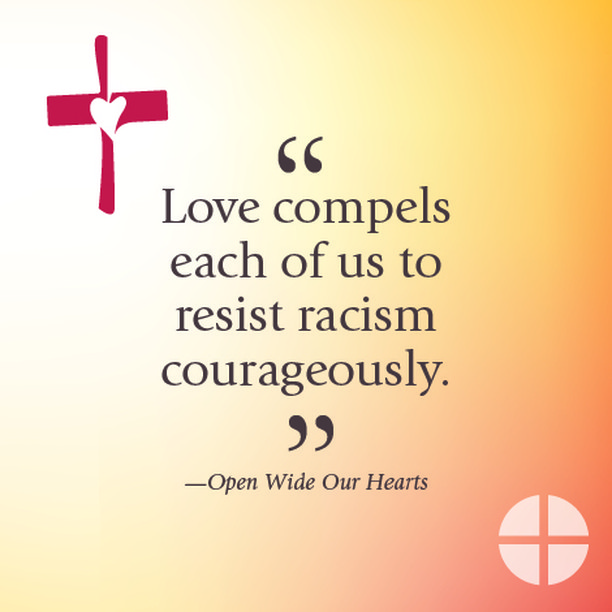As we study the Second Vatican Council (1962-1965) and its Declaration on the Church’s Relation to Non-Christian Religions (Nostra aetate), we grapple with the anti-Jewish bigotry that has marred tragically the relationship of Jews and Christians over the centuries. The Council reminds us that education of the public requires our diligence generation after generation.
Originally, this document focused on Catholic-Jewish relations but was expanded to include a reflection on all major religions. My predecessor, Msgr. Oesterreicher, found this development to be very positive:
The Declaration [on the Church’s Relation to Non-Christian Religions of the Second Vatican Council (10/28/65) does not in the least indulge in a blind optimism that would bypass problems; it is rather the sign of a great hope…It has rightly been said that the Council is the end of the Counter-Reformation. It may be equally true to say that the Declaration marks the end of the Reformation. More exactly: the main concern of the Reformation is no longer our concern. Today, a devout Christian is no longer worried by Luther’s question: How do I get a gracious God? The question that troubles believers of our time is rather: How does God work the salvation of all creatures?
This throws new light on the reason for linking the Declaration on the Jews with the Church’s attitude on the religions of humankind. The whole Declaration makes it clear that all singularity exists for the sake of universality, all separation for the sake of commonality. Israel’s election, too, is directed toward the all-embracing kingdom of grace. Thus, the Declaration on the Jews has taken on a dimension far surpassing its original importance. It proved its value by becoming the nucleus around which old-new insights and expressions could gather.
Msgr. John M. Oesterreicher, The New Encounter Between Christians and Jews (New York: Philosophical Library, 1986), p. 227.
The final section of Nostra aetate widens the call of the Church to her faithful in order to eradicate all forms of discrimination, let alone persecution, because of the inherent dignity of each person and the rights that flow from our creaturehood, in the image and likeness of God (Genesis 1:26-28):
5. We cannot truly call on God, the Father of all, if we refuse to treat in a brotherly way any man, created as he is in the image of God. Man’s relation to God the Father and his relation to men his brothers are so linked together that Scripture says: “He who does not love does not know God” (1 John 4:8).
No foundation therefore remains for any theory or practice that leads to discrimination between man and man or people and people, so far as their human dignity and the rights flowing from it are concerned.
The Church reproves, as foreign to the mind of Christ, any discrimination against men or harassment of them because of their race, color, condition of life, or religion. On the contrary, following in the footsteps of the holy Apostles Peter and Paul, this sacred synod ardently implores the Christian faithful to “maintain good fellowship among the nations” (1 Peter 2:12), and, if possible, to live for their part in peace with all men,(14) so that they may truly be sons of the Father who is in heaven.
In 1997 the Pontifical Council for Justice and Peace issued a fine statement on the problem of racism in contemporary society, The Church and Racism: Towards a More Fraternal Society. See the entire document here.
In the context of tragic events in Ferguson, Missouri and other places in this country, the United States Conference of Catholic Bishops issued a pastoral letter, calling people to address racism in our hearts and communities. This message of 2018 should be consulted again in the autumn of 2019. The text and many other resources can be on the Catholic Bishops’ Combating Racism page.
In recent years we have witnessed or learned about courageous actions of groups and individuals of many communities to stand with those suffering from bigotry. We salute the efforts of both Jewish and Christian groups to bear witness to the inconsistencies and acts of injustice within our society. We are to examine our conscience concerning the “sin of omission, when individuals, communities, and even churches remain silent and fail to act against racial injustice when it is encountered” (Open Wide Our Hearts: The Enduring Call to Love, p. 4). These examples should inspire many who see the plethora of challenges not to be discouraged but to stimulate a response to the needs of those who cannot speak for themselves.

